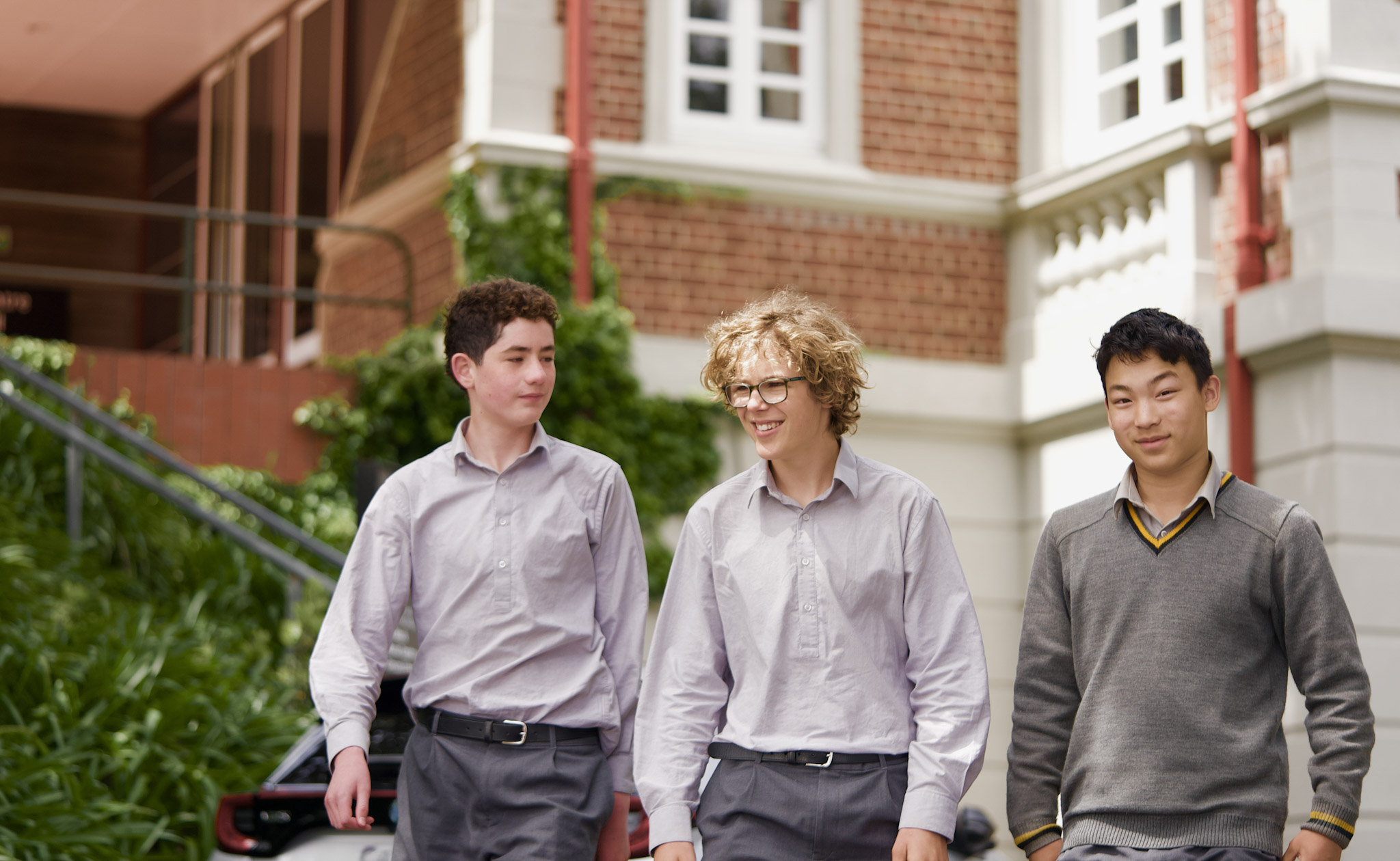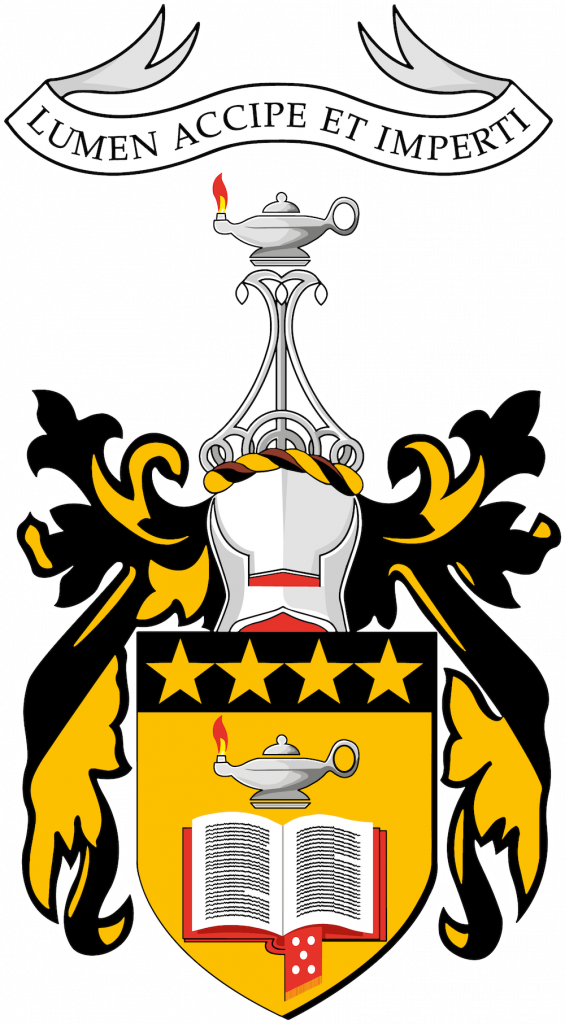Learning Areas & Subjects
Wellington College values and provides opportunities in all Learning Areas of the New Zealand Curriculum. We aim to provide authentic community-focused learning that is culturally responsive, relational and adaptive. Students will make choices and decisions about their learning, while developing the critical thinking skills and capabilities that young people need for growing, working, and participating in their communities. The Wellington College curriculum is underpinned by tradition and a sense of belonging, while actively embracing the opportunity to innovate and grow.
“Developing every person’s potential: This may be the most important dimension of the 21st century view of personalising learning. The goal is not simply to find better ways to raise everyone’s “achievement” to an identical level or standard, but rather to support every person to develop their full potential.”
From Supporting future-oriented learning and teaching: A New Zealand perspective. Author(s): Rachel Bolstad and Jane Gilbert, with Sue McDowall, Ally Bull, Sally Boyd and Rosemary Hipkins, NZCER. Report prepared for the Ministry of Education. Date Published: June 2012.
Our Learning Areas are:
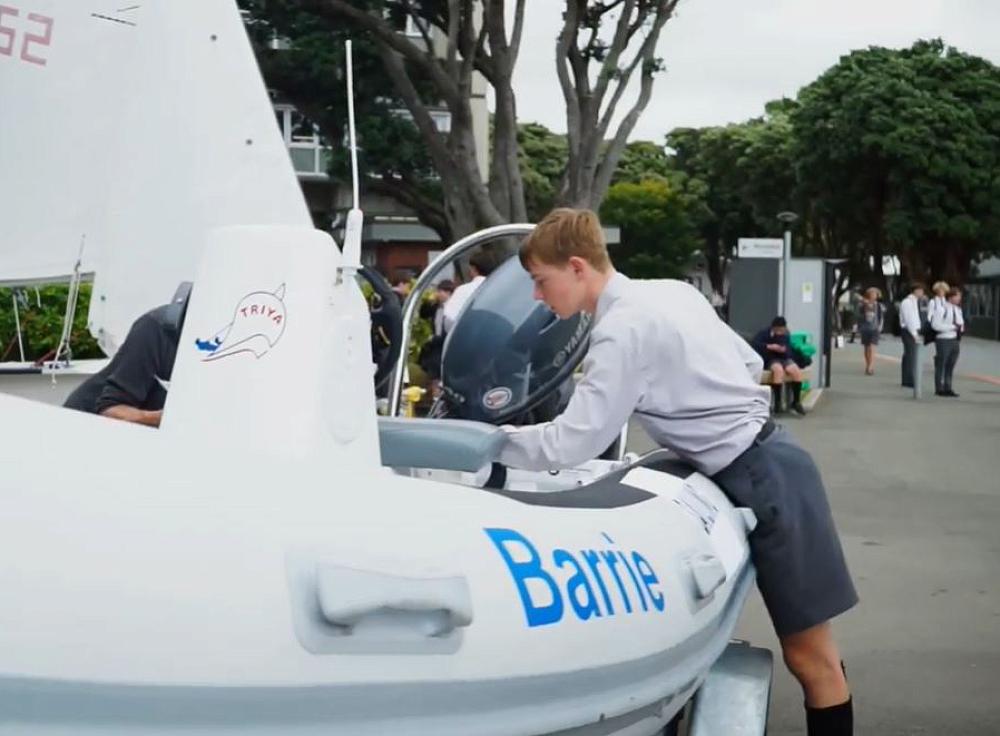
Careers & Pathways
Ko te kai rapu, ka ia te kite – He/She who seeks will find
The Pathways course endeavours to give learners the opportunity to develop their Career Management competencies, knowing what their interests, skills and strengths are and then exploring opportunities in the world of work and further tertiary study to find the right fit.
Health and Physical Education / Hauora
He oranga ngākau, he pikinga waiora.
In Health and Physical Education, the focus is on the well-being of the students themselves, of other people, and of society through learning in health-related and movement contexts- New Zealand Curriculum
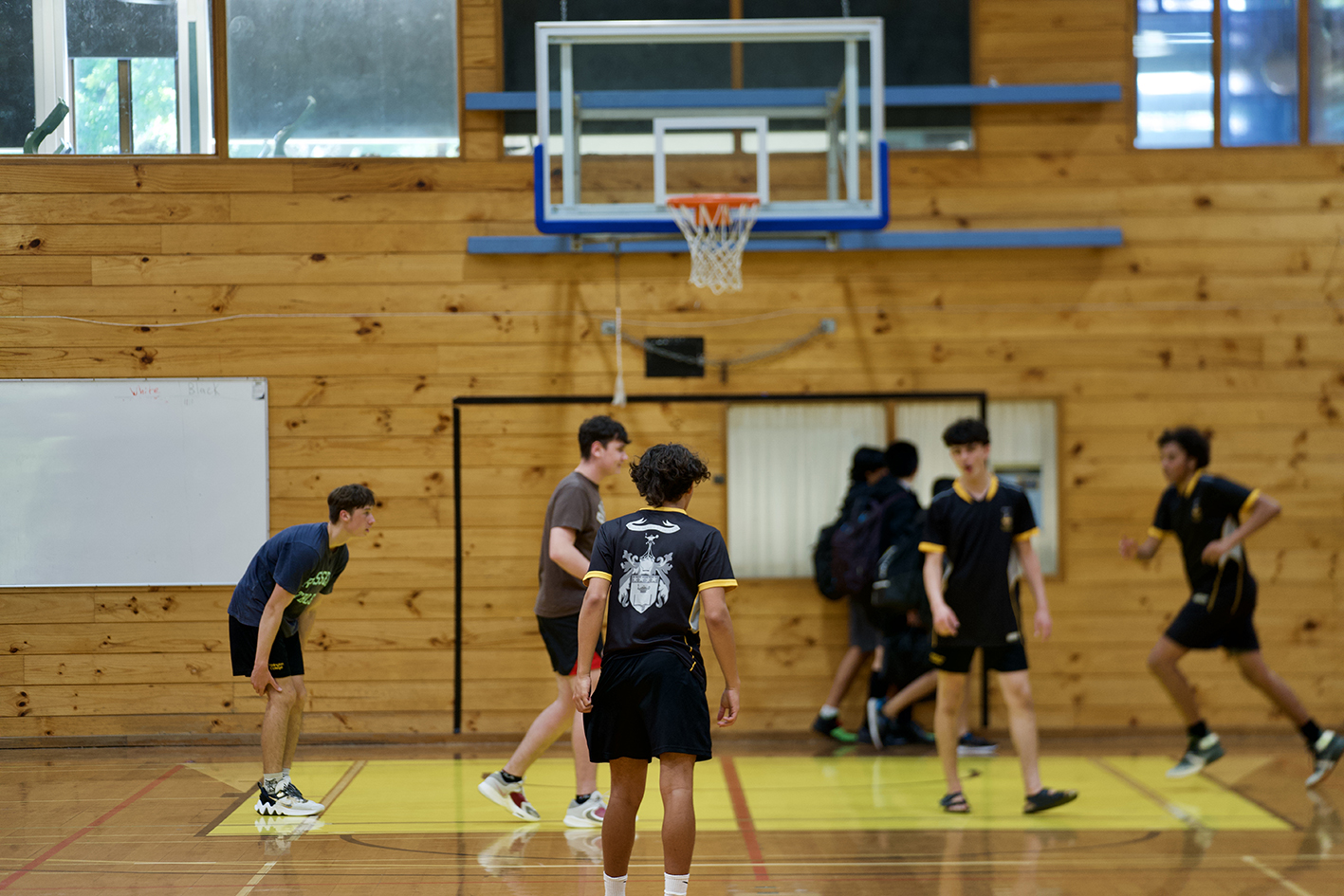
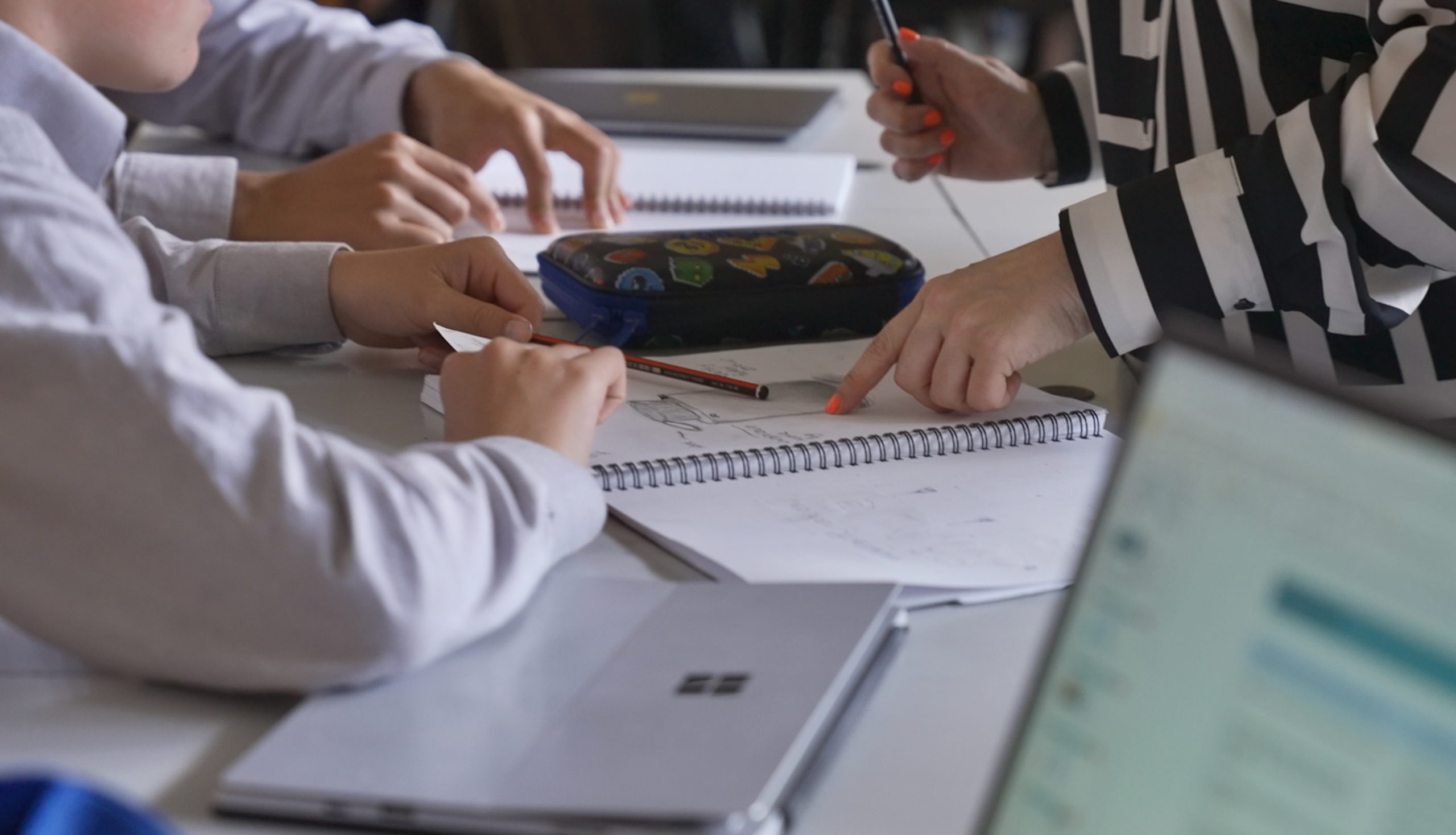
English / Te Reo Pākehā
Ko te reo te tuakiri. Ko te reo tōku ahurei. Ko te reo te ora.
English is the study, use, and enjoyment of the English language and its literature, communicated orally, visually, and in writing, for a range of purposes and audiences and in a variety of text forms. Learning English encompasses learning the language, learning through the language, and learning about the language. – New Zealand Curriculum
Mathematics / Pāngarau
Kei hopu tōu ringa ki te aka tāepa, engari kia mau ki te aka matua.
Mathematics is the exploration and use of patterns and relationships in quantities, space, and time. Statistics is the exploration and use of patterns and relationships in data. These two disciplines are related but different ways of thinking and of solving problems. Both equip students with effective means for investigating, interpreting, explaining, and making sense of the world in which they live – New Zealand Curriculum
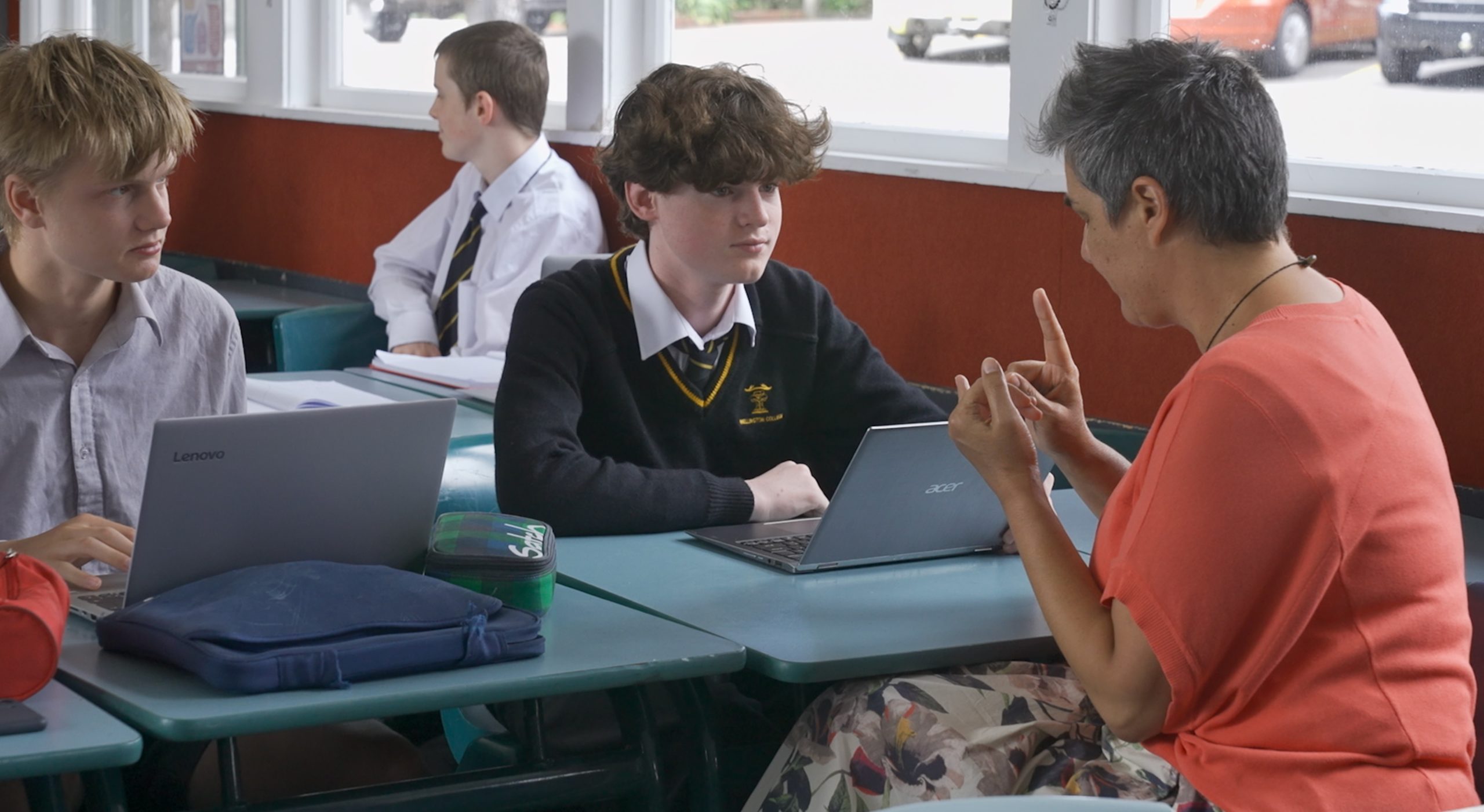
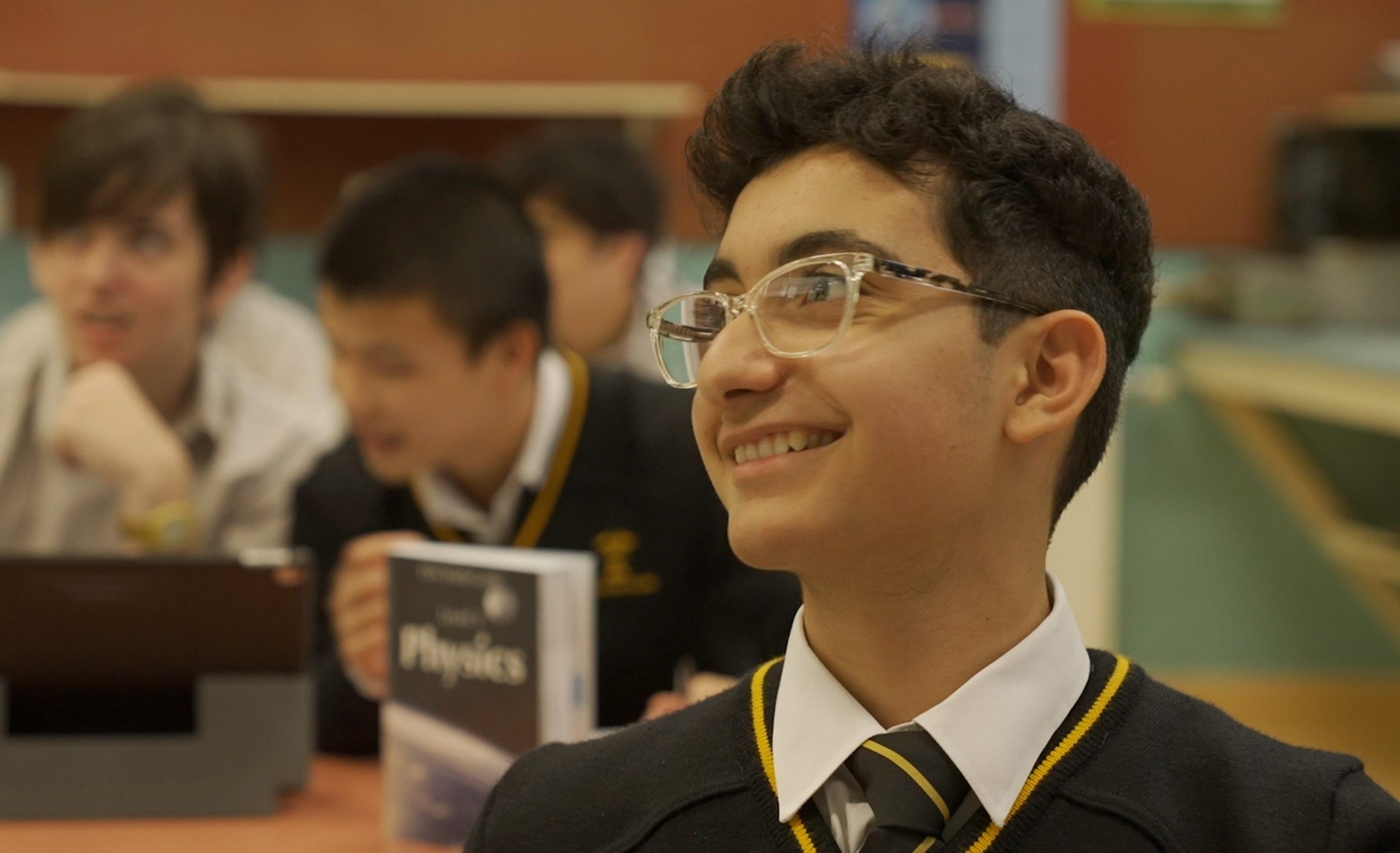
Science / Pūtaiao
Mā te whakaaro nui e hanga te whare; mā te mātauranga e whakaū
Science is a way of investigating, understanding, and explaining our natural, physical world and the wider universe. It involves generating and testing ideas, gathering evidence – including by making observations, carrying out investigations and modelling, and communicating and debating with others – in order to develop scientific knowledge, understanding, and explanations. – New Zealand Curriculum
Social Sciences / Pūtaiao Pāpori
Unuhia te rito o te harakeke kei whea te kōmako e kō Whakatairangitia – rere ki uta, rere ki tai;
Ui mai koe ki ahau he aha te mea nui o te ao,Māku e kī atu he tangata, he tangata, he tangata!
The social sciences learning area is about how societies work and how people can participate as critical, active, informed, and responsible citizens. Contexts are drawn from the past, present, and future and from places within and beyond New Zealand. – New Zealand Curriculum
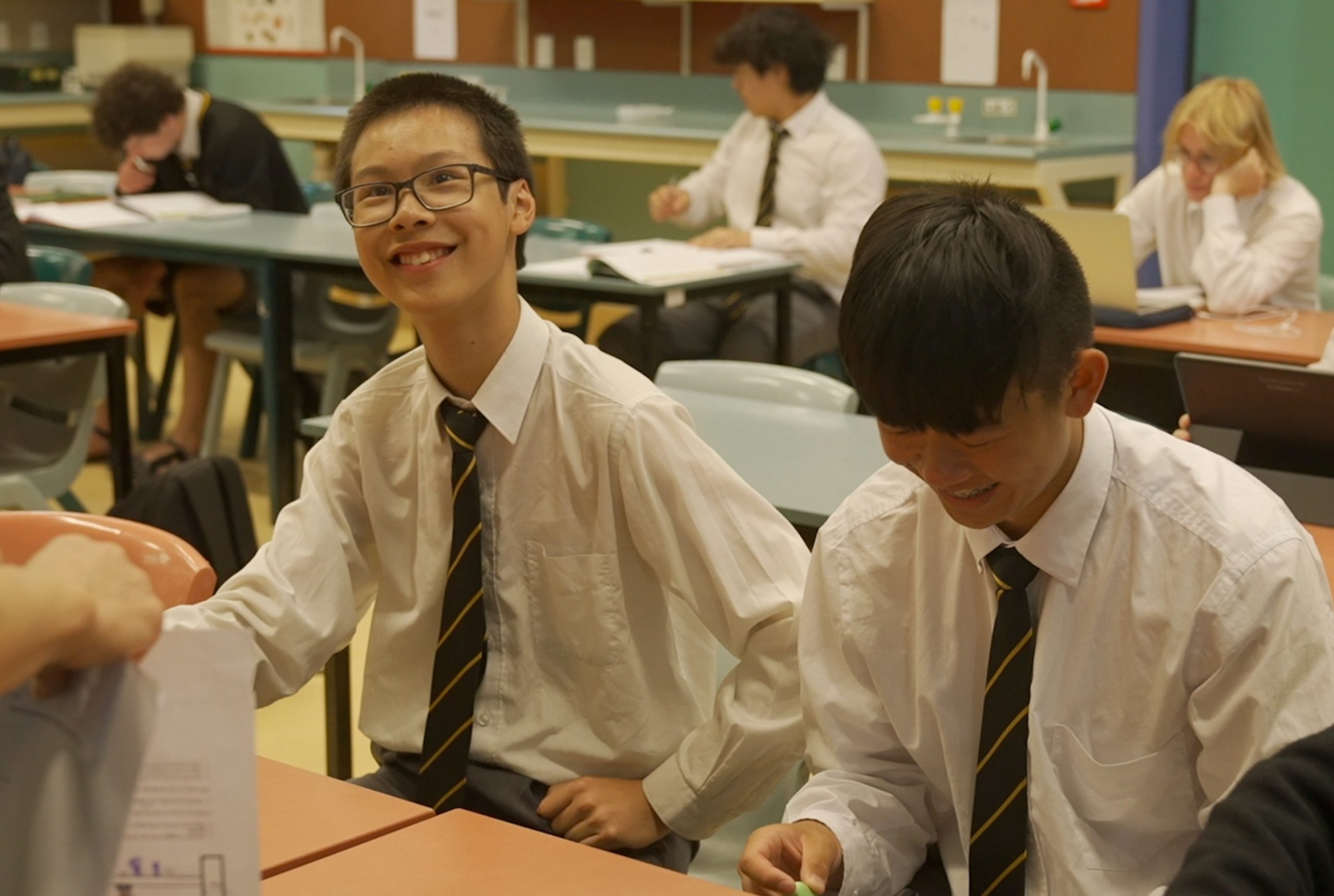
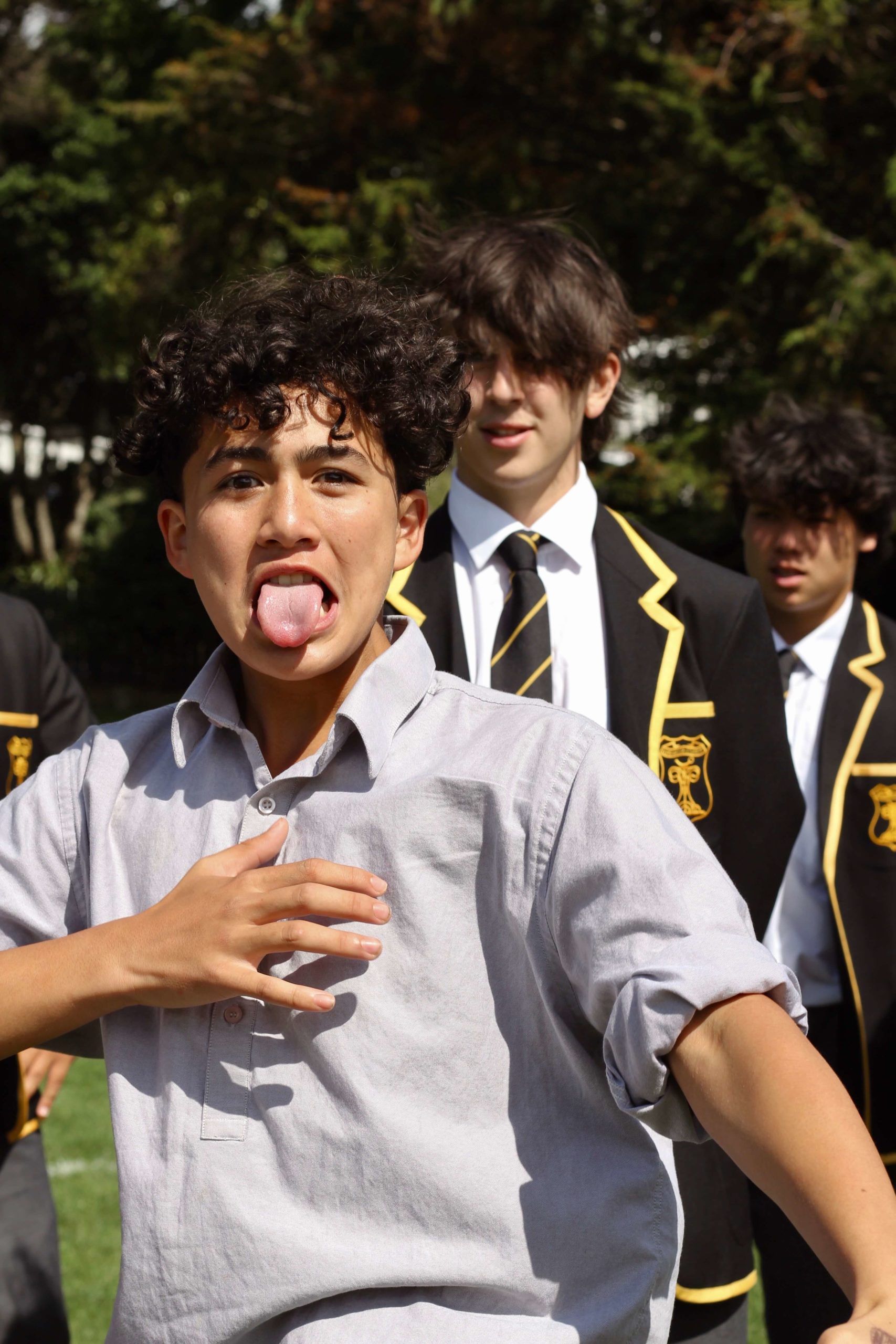
Te Reo Māori
Ko tōu reo, ko tōku reo, te tuakiri tangata. Tīhei uriuri, tīhei nakonako.
Learning a new language provides a means of communicating with people from another culture and exploring one’s own personal world. Languages and cultures play a key role in developing our personal, group, national, and human identities. Every language has its own ways of expressing meanings; each has intrinsic value and special significance for its users. – New Zealand Curriculum
Technology / Hangarau
Kaua e rangiruatia te hāpai o te hoe; e kore tō tātou waka e ū ki uta.
Technology is intervention by design. It uses intellectual and practical resources to create technological outcomes, which expand human possibilities by addressing needs and realising opportunities. Effective and ethical design respects the unique relationship that New Zealanders have with their physical environment and embraces the significance of Māori culture and world views in its practice and innovation. – New Zealand Curriculum
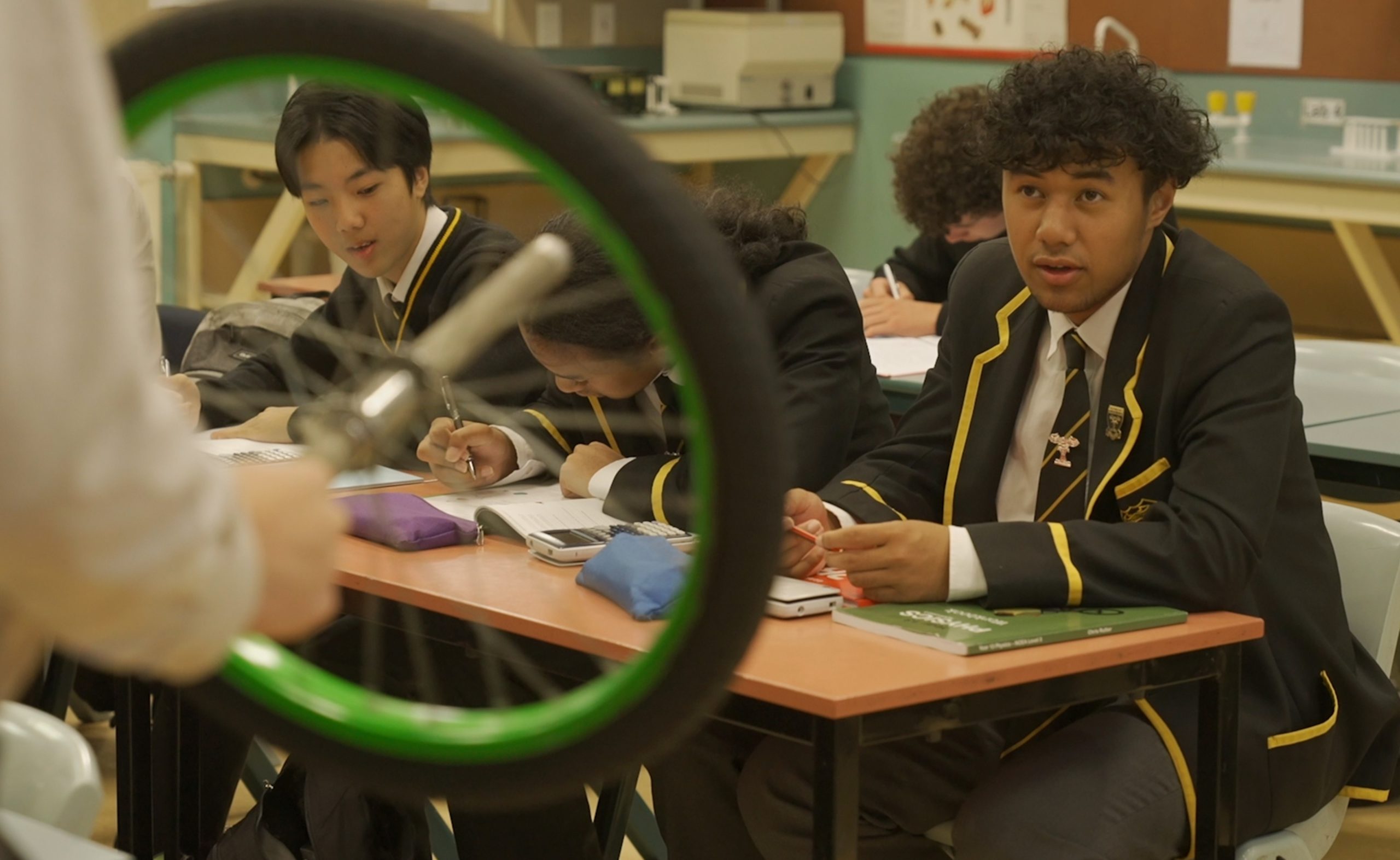
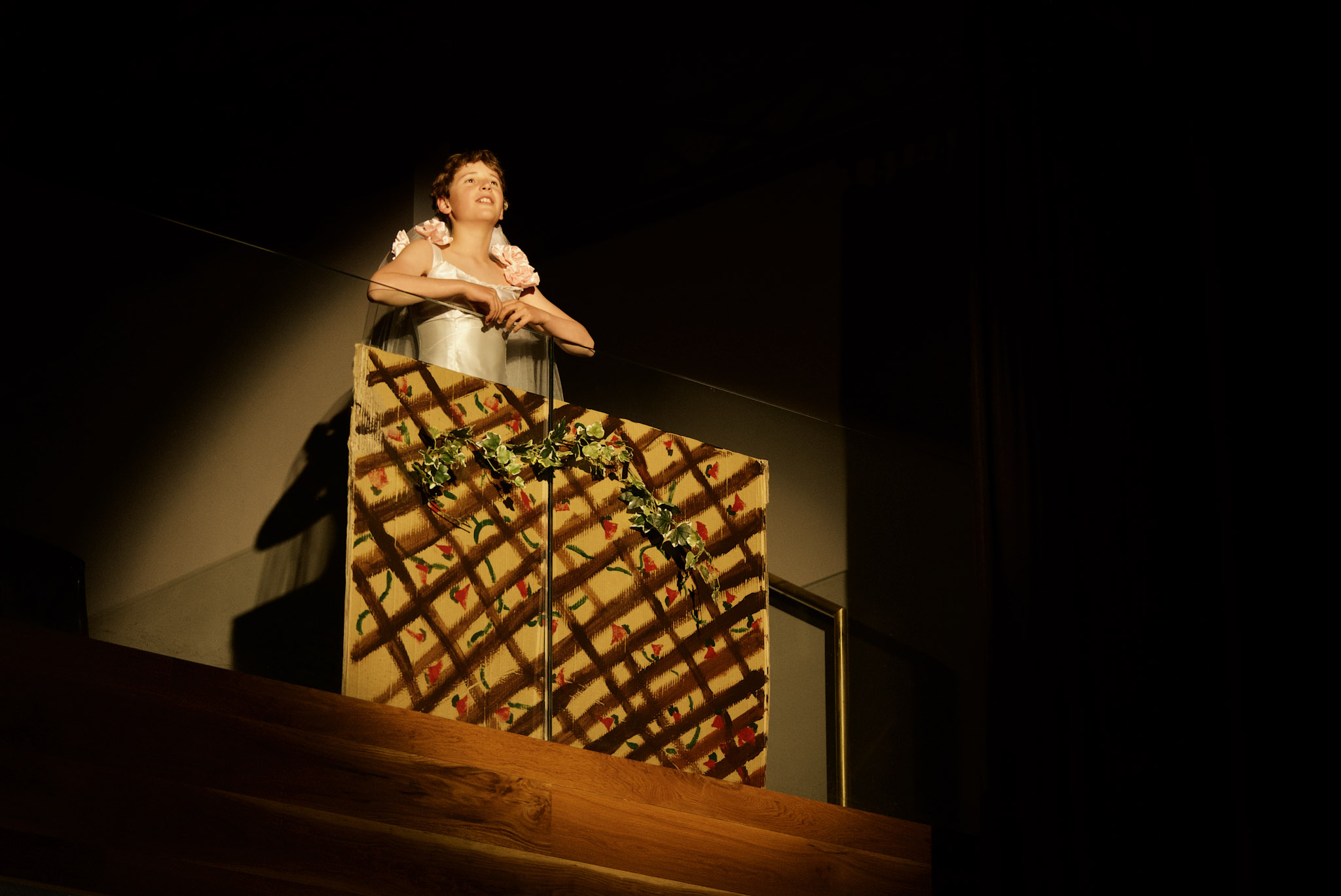
The Arts / Ngā Toi
Te toi whakairo, ka ihiihi, ka wehiwehi, ka aweawe te ao katoa.
The arts are powerful forms of expression that recognise, value, and contribute to the unique bicultural and multicultural character of Aotearoa New Zealand, enriching the lives of all New Zealanders. The arts have their own distinct languages that use both verbal and non-verbal conventions, mediated by selected processes and technologies. Through movement, sound, and image, the arts transform people’s creative ideas into expressive works that communicate layered meanings. – New Zealand Curriculum
Languages / Ngā Reo
Ko tōu reo, ko tōku reo, te tuakiri tangata. Tīhei uriuri, tīhei nakonako.
Learning a new language provides a means of communicating with people from another culture and exploring one’s own personal world. Languages and cultures play a key role in developing our personal, group, national, and human identities. Every language has its own ways of expressing meanings; each has intrinsic value and special significance for its users. – New Zealand Curriculum
